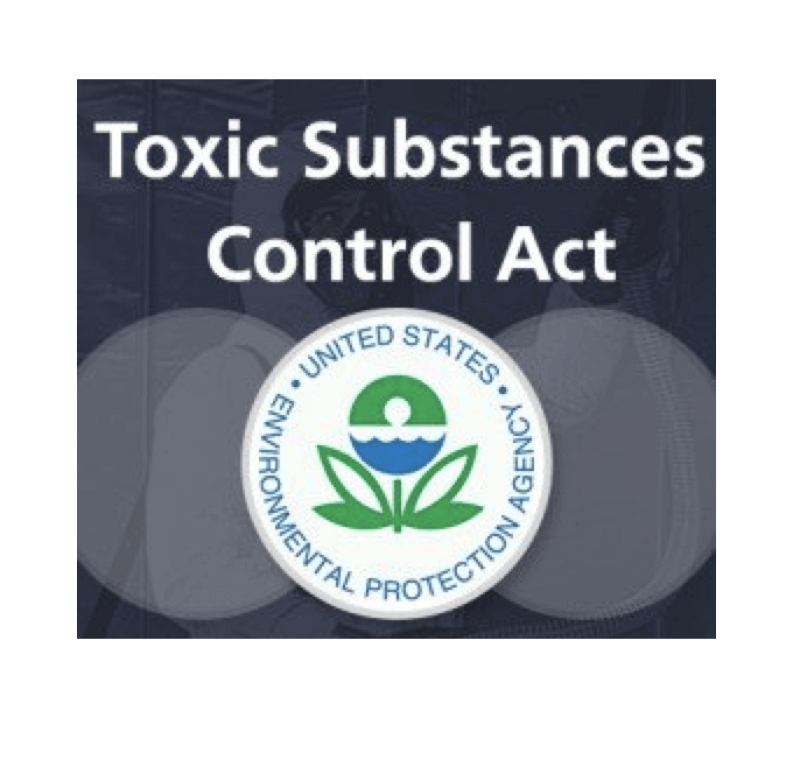[L]ast summer Congress issued reforms to the Toxic Substances Control Act, a 30 year old law governing how the EPA and other federal agencies check the boxes that let new chemicals come to market.
…
But one thing seems clear—the slowdown is real.
…
The Toxic Substances Control Act has been around since early days of the EPA. … Now, by law, the EPA must give a full review to every substance, and only those that pass can go to market.
…
[W]hile new regulations might keep dangerous chemicals in their beakers, other, more innocuous substances often get unfairly flagged … These include genetically modified microorganisms being used to create all kinds of new chemicals … These include: Yeasts that fart ethanol; fungi that secrete cellulose; algae that poop biofuels; bacteria that digest oil spills; and a host of other commercially useful microbes that have been spliced with genetic material outside their own genus.
A handful of these helpful GMOs have made it through the post-reform Toxic Substances Control Act EPA…But chemists and companies are concerned that increased data burdens in the new EPA regulations are stifling efforts to engineer solutions from unlikely places.
The GLP aggregated and excerpted this blog/article to reflect the diversity of news, opinion, and analysis. Read full, original post: The Chemical Industry’s Having a Bad Reaction to New Regs































